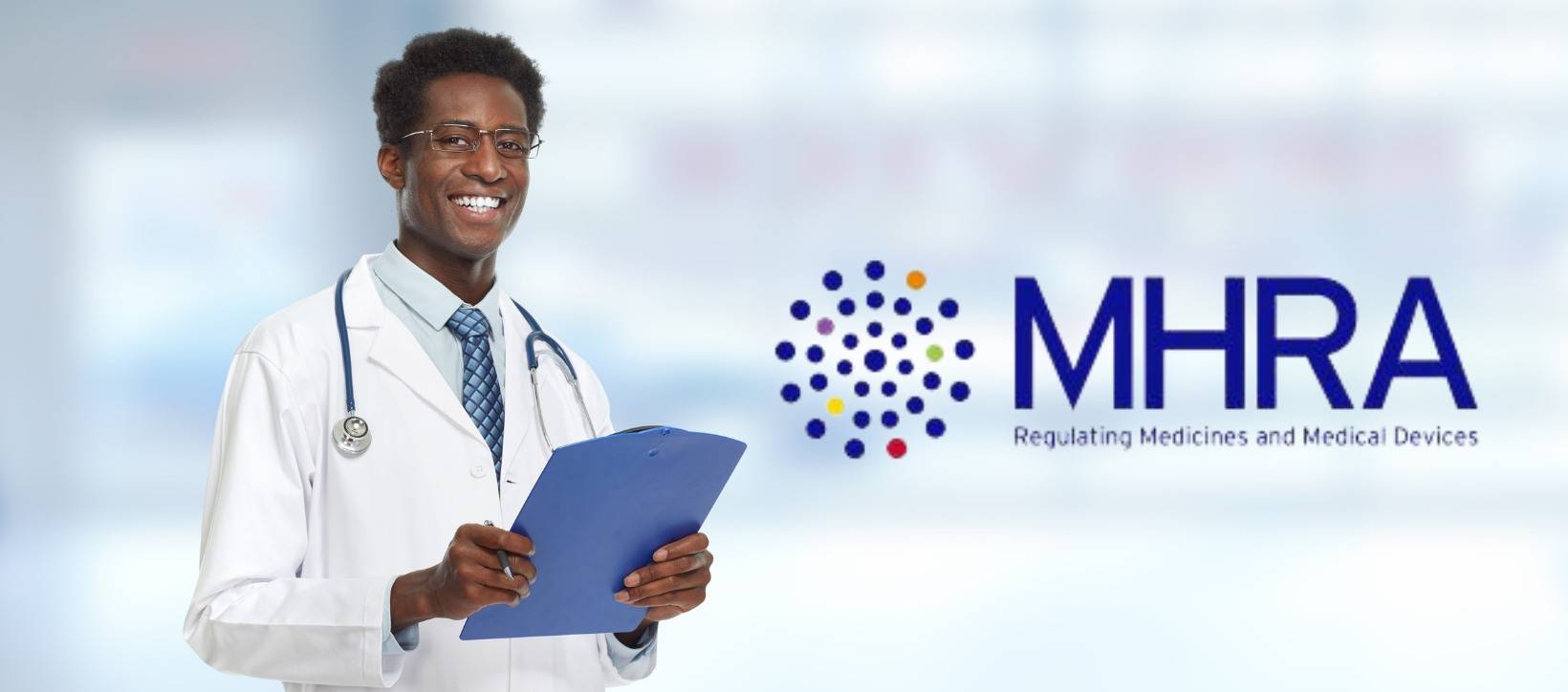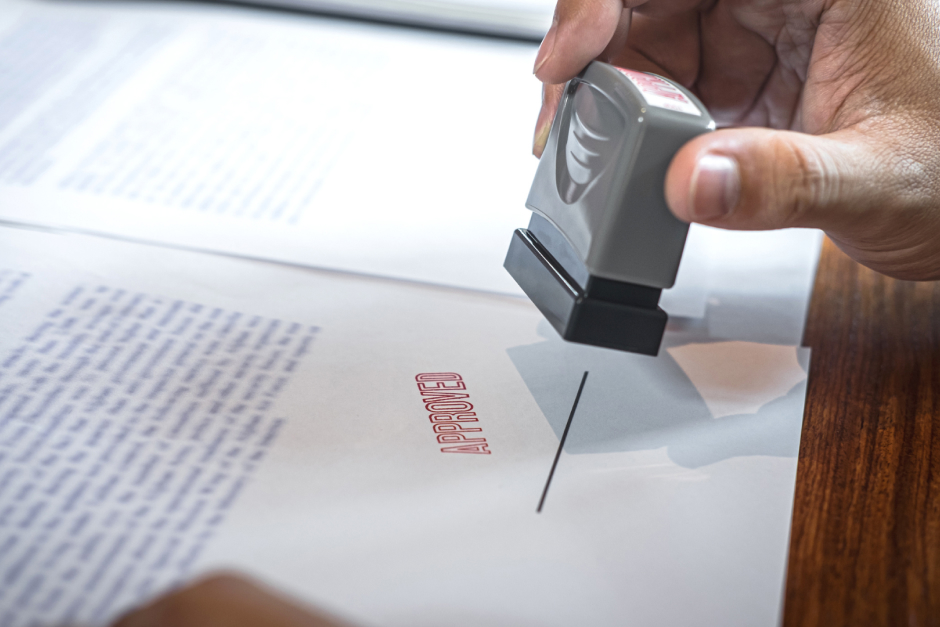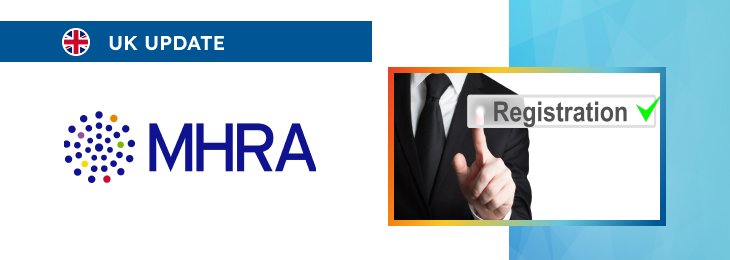The new article describes in detail certain specific aspects associated with registrations necessary to make submissions associated with healthcare products.

Table of content
The Medicines and Healthcare Products Regulatory Agency (MHRA), the UK regulating authority, has published a guidance document dedicated to the procedures to be followed in the course of initial registration allowing interested parties to make submissions associated with healthcare products intended to be marketed and used in the UK.
The document provides an overview of the relevant procedure, as well as additional clarifications and recommendations to be taken into consideration by the parties involved.
MHRA Gateway and ICSR Submissions
As explained by the authority, the MHRA Gateway and ICSR Submissions are critical tools for pharmaceutical companies involved in the submission of Individual Case Safety Reports (ICSRs) or Suspected Unexpected Serious Adverse Reactions (SUSARs). The present document provides detailed instructions for registering and using these systems to ensure compliance with MHRA requirements.

Video Demos and User Guides
Before beginning the registration process, it is essential to review the available video demonstrations and user reference guides. Two video demos provide comprehensive instructions:
- MHRA Gateway Registration: This video covers the entire registration process for using the MHRA Gateway.
- ICSR Submissions Registration: This video details the steps for registering to use the ICSR Submissions portal.
Additionally, two user reference guides offer step-by-step instructions:
- Registration for ICSR Submissions
- Registration for MHRA Gateway
The above resources are intended to assist the interested parties, demonstrating the approach to be followed and providing additional clarifications.
Registering for the MHRA Gateway
Once an organization has completed registration for MHRA Submissions, company administrators can register to send ICSRs or SUSARs via the MHRA Gateway. The process involves selecting the “Gateway Management” tile in MHRA Submissions and following the steps outlined in the user reference guide.
- Processing Time: The MHRA aims to complete registration requests within 5 working days.
- Connectivity Test: After registration, a connectivity test should be performed in the User Acceptance Testing (UAT) environment. Success is confirmed via Message Disposition Notification (MDN) receipt.
- Acknowledgement: Upon sending ICSRs/SUSARs through the MHRA Gateway, an acknowledgment is received within 48 hours.
- UK Reports: Serious and non-serious UK reports are received via the MHRA Gateway, while Northern Ireland cases must be downloaded from EudraVigilance.
Registering for ICSR Submissions
According to the document, organizations without the capability to use the MHRA Gateway can register for ICSR Submissions by visiting the ICSR Submissions portal, selecting the “Request company account” option, and following the user reference guide.
- Processing Time: The MHRA aims to complete registration requests within 5 working days.
- GB Reports: When using ICSR Submissions, organizations will receive Aggregate Safety and Performance Reports (ASPRs) for GB reports from the MHRA. Northern Ireland cases must be downloaded from EudraVigilance.
Transition Between EU and UK Reporting Systems
Marketing Authorisation Holders (MAHs) are required to submit ICSRs directly to the UK using the MHRA systems. Previously, the European Medicines Agency (EMA) forwarded UK ICSRs to the MHRA, but this changed after December 31, 2020. All new cases must be submitted via the MHRA systems.
- Case Reconciliation: The MHRA has published a list of cases received from the EMA on December 31, 2020, to assist companies with reconciliation.
- Legal Requirements: All UK ICSRs (serious and non-serious) and non-UK serious ICSRs must be transmitted to the MHRA, including follow-up, nullification, and downgrade cases. The MHRA system automatically processes these cases, even if previously received from a different sender.
Business Continuity Plan
According to the guidance, the business continuity plan outlines the expectations during planned and unplanned downtime of the MHRA Gateway or ICSR Submissions. The MHRA will inform users at the earliest opportunity if systems are down. Users should follow the provided guidance unless otherwise instructed by the MHRA.
Support and Assistance
If an acknowledgment is not received within 48 hours of submitting an ICSR/SUSAR, interested parties are encouraged to contact the authority via the respective support email with the filename, message number, sender report ID, and the XML file attached.
Furthermore, the document also provides a list of trade associations that can also provide support:
- Association of the British Pharmaceutical Industry (ABPI)
- British Generic Manufacturers Association (BGMA)
- BioIndustry Association (BIA)
- Clinical & Contract Research Association (CCRA)
- Ethical Medicines Industry Group (EMIG)
- Health Food Manufacturers’ Association (HFMA)
- The National Pharmacy Association (NPA)
- Proprietary Association of Great Britain (PAGB)
Conclusion
In summary, the guidance explains that registering and managing submissions through the MHRA Gateway and ICSR Submissions are vital for compliance in the pharmaceutical industry. A detailed description of the registration processes and references to additional resources provided are intended to assist the parties involved in ensuring efficient and accurate reporting of ICSRs and SUSARs.
How Can RegDesk Help?
RegDesk is an AI-powered Regulatory Information Management System (RIMS) designed to simplify global compliance for medical device companies. With regulatory intelligence covering 120+ markets, RegDesk helps you prepare and publish global submissions, manage standards, conduct impact assessments, and stay ahead of regulatory changes all from a single, centralized platform. Expanding into new markets has never been easier.

